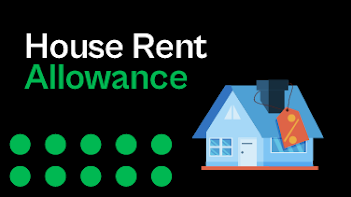Types Of Income Tax Deductions

Types of Income Tax Deductions Income tax paid by citizens constitutes a major chunk of the government’s revenue. It is imperative to pay taxes for the smooth functioning of the economy. Often a tedious expense, taxation also has perks to it. Income tax deductions are a relief offered by tax authorities that help individuals lower their taxable income and ultimately reduce their tax outgo in any given financial year. These deductions are in the form of expenses or investments made by the taxpayer during the year. Deductions also inculcate a healthy savings routine. But, what types of deductions under Income Tax are most suitable for you? The most popular provisions of income tax deductions include investments made under Section 80C of the Income Tax Act, 1961. These are typically made in Equity Linked Savings Scheme (ELSS) funds, Public Provident Fund (PPF), National Pension Scheme (NPS), etc. With these types of deductions, you not only save tax but also ...


